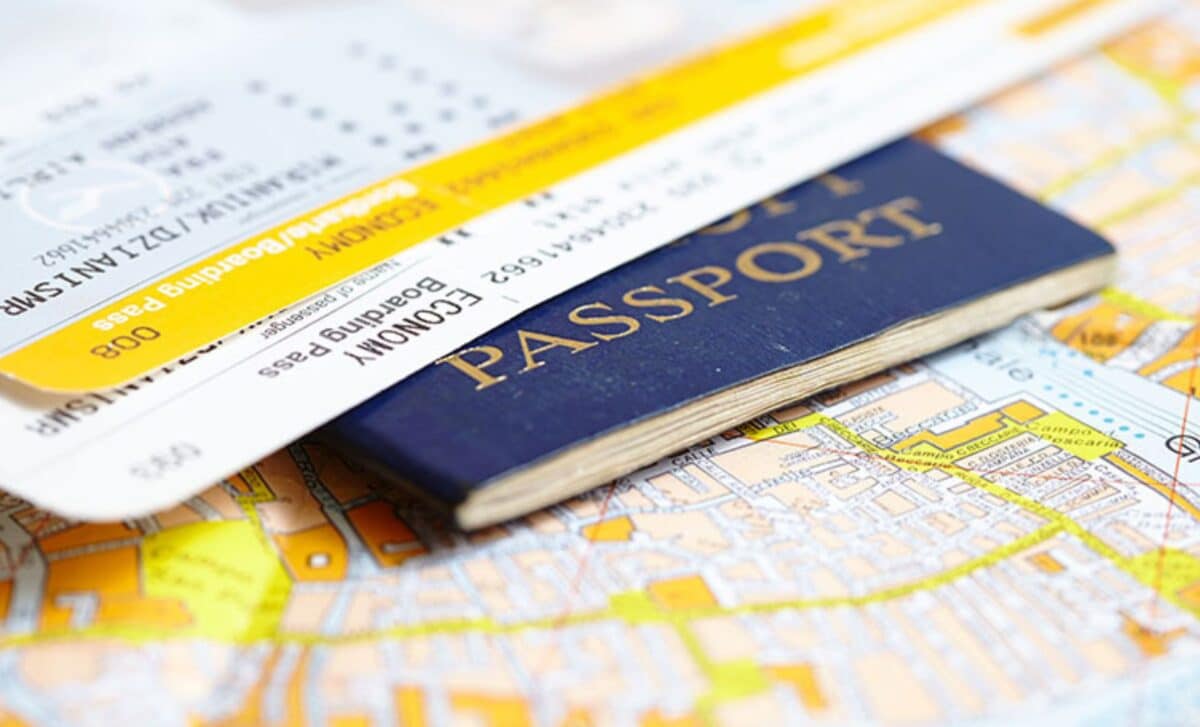With international travel steadily returning to pre-pandemic levels, many UK residents are planning short breaks and extended holidays in the coming months. Yet, while the focus often rests on booking flights and accommodation, a crucial aspect of trip preparation is frequently overlooked.
Travel insurance remains an underused safeguard, despite its role in protecting against the financial impact of unexpected disruptions. As data reveals a notable portion of travellers still choose to forgo coverage, questions persist around how best to select a policy and why it matters.
The Rising Risk of Travelling Without Insurance
As spring and summer holidays approach, many are eager to take advantage of seasonal travel offers. Yet, new research suggests a significant number of holidaymakers continue to travel uninsured.
According to Aviva’s How We Live report, conducted by Censuswide in November 2024, 11% of UK travellers choose not to purchase travel insurance at all, despite the average cancellation costing more than £900.
Carolyn Scott, head of home and travel underwriting at Aviva, highlighted the ongoing issue: “Travelling without insurance can leave people not knowing how to get assistance, and potentially facing significant medical bills in the event of illness or injury while overseas.”
Her advice is clear—insurance should be arranged as soon as a trip is booked to ensure full protection from the outset.
What Travel Insurance Covers and How to Choose Wisely
Travel insurance offers financial protection against unexpected events while abroad. According to Grant Winter, a compliance expert at Good to go travel insurance, this includes emergency medical care, hospital stays, repatriation, and accommodation for companions if needed. Coverage may also extend to trip cancellations, delays, and lost luggage.
There are two primary types of policies: single-trip and annual multi-trip. A single-trip policy covers one journey, while an annual policy offers year-round coverage for frequent travellers. Winter suggests that those travelling more than twice a year may find annual policies more cost-effective and convenient, especially for last-minute plans.
The extent of medical coverage is another key consideration. According to Winter, travellers should aim for a minimum of £2 million in medical coverage for Europe and at least £5 million for trips further afield. Medical treatment abroad can be prohibitively expensive, and insufficient coverage can result in substantial personal expense.
It’s also vital to declare any pre-existing medical conditions, as most insurers will not cover undeclared conditions. Some providers may restrict coverage based on age or medical history, which can pose challenges for older travellers or those with chronic conditions.
When comparing policies, travellers are advised to check for exclusions, especially concerning hazardous activities like skiing or scuba diving. Winter notes that opting for cheaper coverage may be reasonable if such activities are not planned, but comprehensive protection should not be sacrificed for cost alone.
Failing to invest in travel insurance may result in significant financial losses if things go wrong. As experts emphasise, purchasing a policy early and tailoring it to one’s needs can make the difference between a manageable inconvenience and a costly ordeal.









